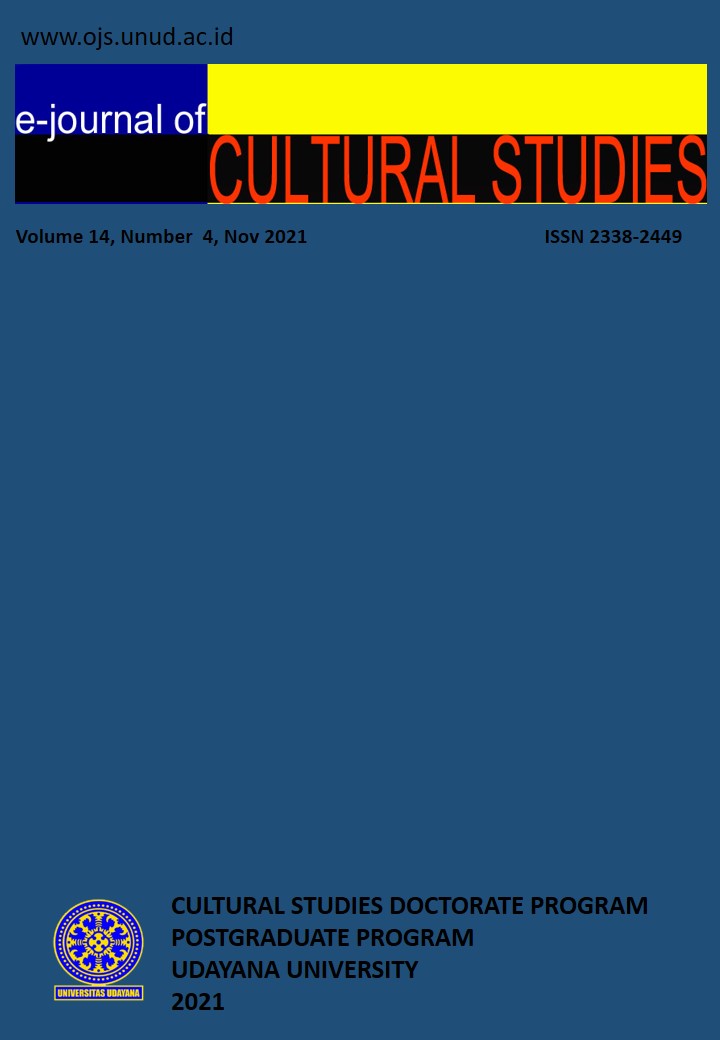“DADI-DADI DOGEN”AS IDEOLOGY IN THE DEVELOPMENT OF ELEMENTARY SCHOOL LIBRARY IN THE CITY OF SINGARAJA, BULELENG, BALI
Abstract
The Law of the Republic of Indonesia Number 43 Year 2007 concerning Libraries states that schools are required to have school libraries based on the National Standards of Library (SNP). This condition forces every school to develop a library, even though the conditions are still far from the standard set. To realize the existence of library, each school uses various resources in its school to establish a school library. This study aims to explore the efforts of primary schools in Singaraja City to fulfill their obligations in providing library space. This study uses a qualitative approach based on critical social theory commonly used in the Cultural Studies approach. The data collection was carried out by in-depth interviews, involved observation and document study. Data analysis in this study follows Peter Berger's model with the following steps: conceptualization, conceptualization results, verification, and objectivation. The results show that the obligation to have a school library at the primary school level is not easy due to various obstacles. This gave rise to the ideology of permissivism or in Balinese it is called dadi dadi dogen. This ideology allows schools to use various types of spaces to become libraries, for example classrooms, teacher rooms, warehouses, UKS, and so on.
Keywords: elementary school libraries, dadi dadi dogen, permissivism, ideology







